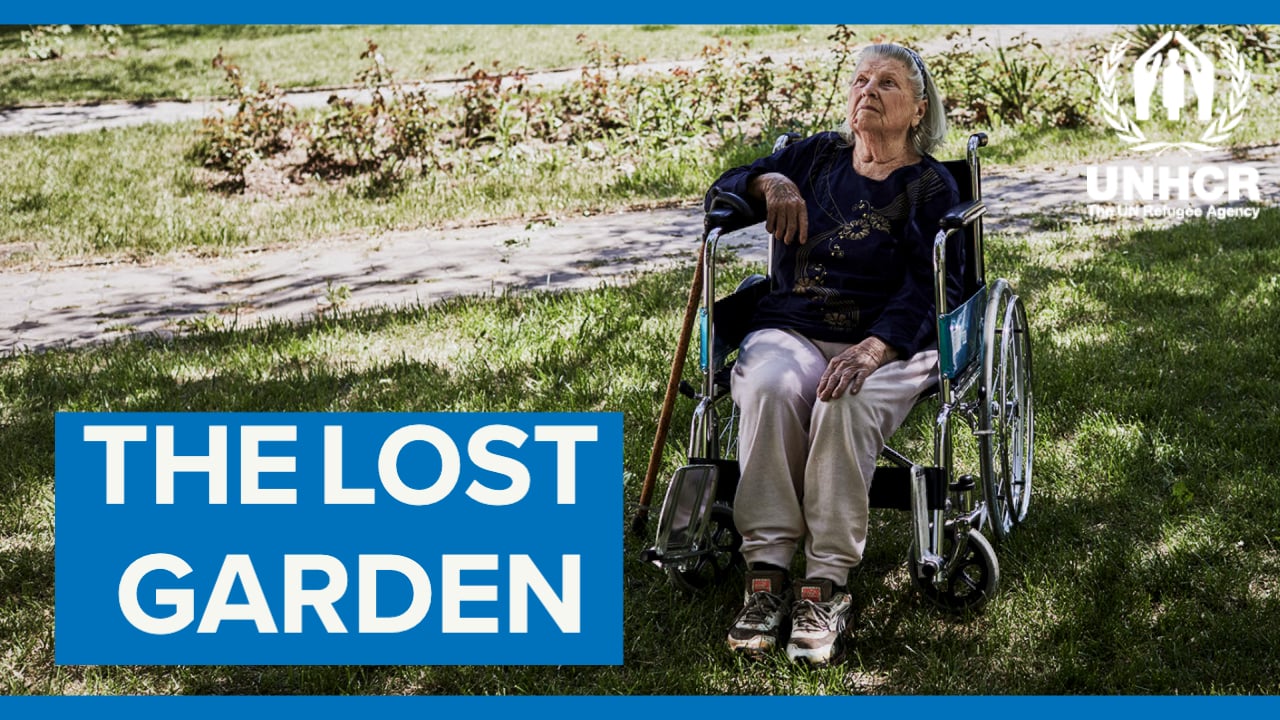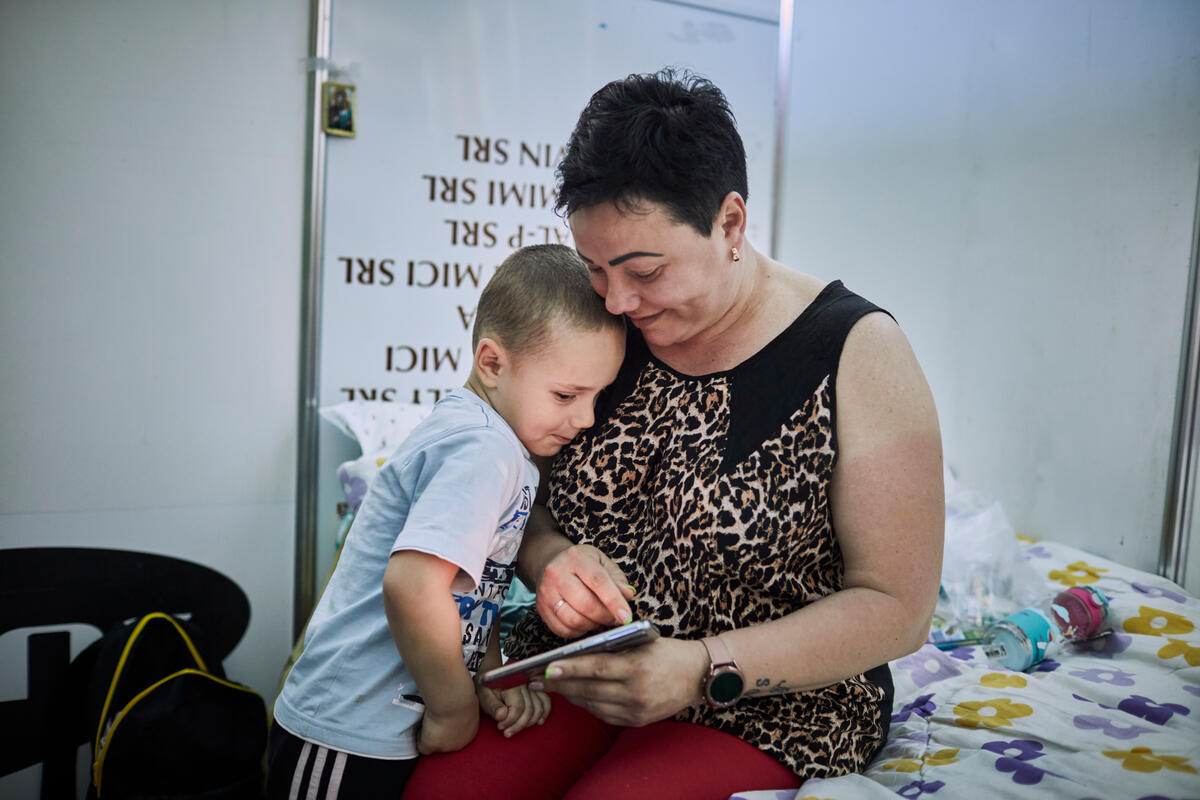UNHCR calls for urgent European support for Greece
UNHCR calls for urgent European support for Greece

A child sleeps outside the screening centre at Moria on Lesvos. Refugees and migrants live in tents outside the screening centre here until there is a space available to accommodate them inside.
GENEVA, June 16 (UNHCR) - Refugees arriving in Greece's North Aegean and Dodecanese islands face worsening reception conditions, despite considerable efforts by local authorities and civil society, and the number of arrivals is expected to increase still further, the UN refugee agency said on Tuesday.
Every day hundreds of people arrive in flimsy inflatable dinghies and wooden boats, but with summer weather conditions making the sea crossing from Turkey less hazardous the number of new arrivals is expected to climb still higher, putting the stretched island communities under even greater strain.
UNHCR said police, coast guard and both regional and municipal local authorities have allocated additional personnel and resources, but that the response fell short of needs.
"UNHCR is particularly concerned that refugees with specific needs, such as unaccompanied children, the elderly, pregnant women, people with disabilities and victims of torture, may not be receiving appropriate care," UNHCR spokesperson William Spindler told a press briefing in Geneva.
He added that private citizens, local volunteers and NGOs had all distributed food, water, shoes and clothes to the refugees, but this was insufficient to meet needs.
"UNHCR is ready to continue working with the Greek authorities and civil society in order to address some of these challenges, but greater support from EU member states and institutions is urgently needed to avoid a humanitarian crisis," Spindler added.
So far this year, more than 55,000 refugees have arrived in Greece by sea from Turkey. The main islands receiving them are: Lesvos (some 21,600 arrivals); Chios (9,400); Kos (8,900); Leros (3,900); and Samos (3,500). However, people are also arriving elsewhere.
More than 90 per cent of those arriving are fleeing from countries experiencing war and conflict, principally Syria - the point of departure for some 60 per cent of this year's arrivals - Afghanistan, Iraq and Somalia.
On Lesvos, where most of the arrivals take place, hundreds of men, women and children landing on the island's northern coast have to walk up to 70 km to the island capital, Mytilini, to be identified and registered.
Agalia, a small NGO headed by a local priest in the village of Kalloni in the island's mountainous interior, has been giving food, water, medicine and providing accommodation to refugees undertaking this walk.
UNHCR has also distributed sleeping bags and hygiene kits to those most in need. The agency said it is seriously concerned by reports that local volunteers have been threatened with arrest by police for helping refugees on the move.
UNHCR said it has raised the issue with the police and requested that the local authorities on Lesvos provide transport for vulnerable refugees who are walking over the mountains.
On the island of Chios, a screening centre in Mersinidi is overcrowded, housing three times more people than its official maximum capacity of 98. In addition, some 400 people are staying in nearby tents, initially set up by the local municipality to house 100 people.
"Conditions both inside and outside the screening centre are inadequate," noted Spindler, who recently returned from the area. Similar problems and challenges are faced on the islands of Kos, Leros and Samos and at other arrival places.








